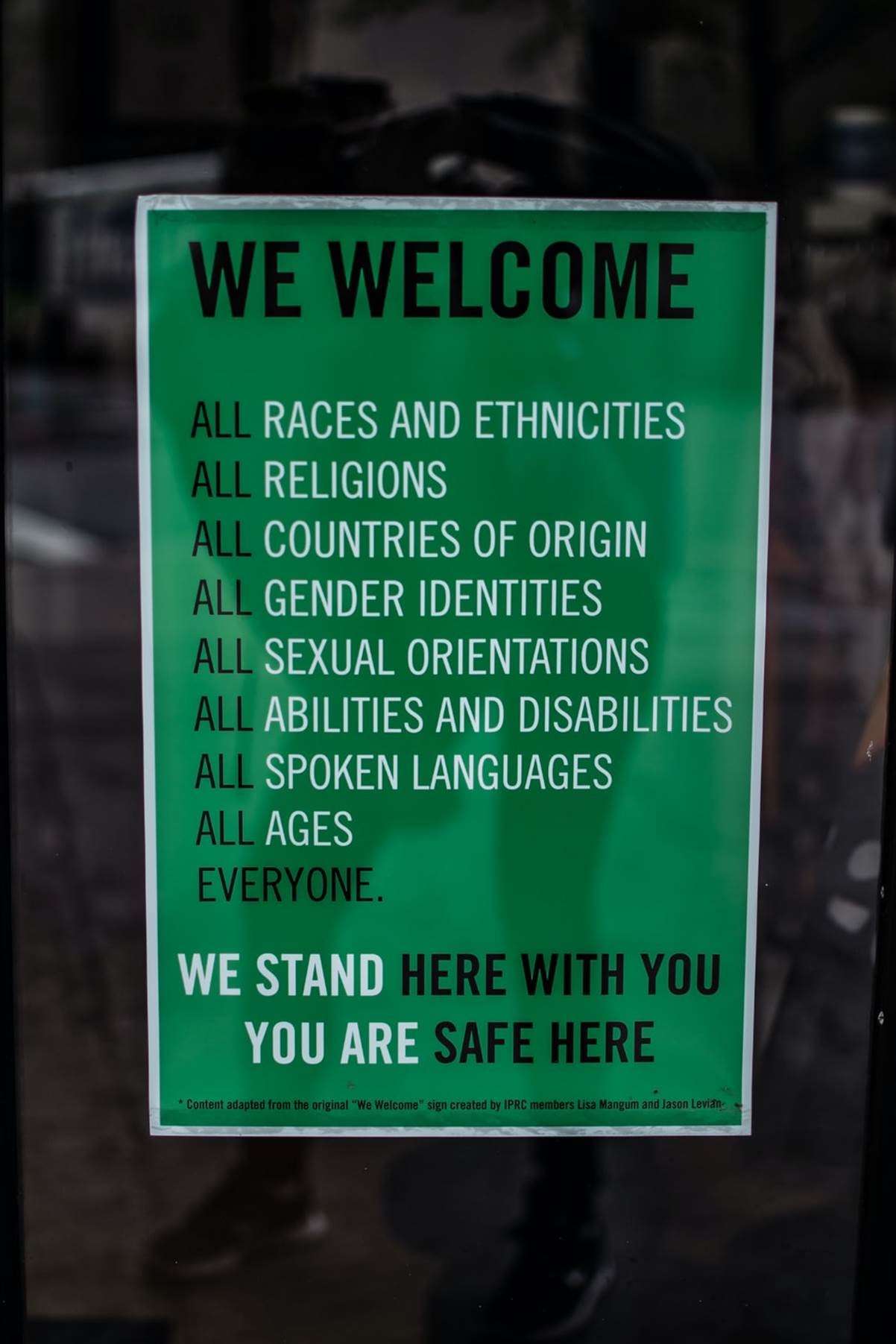
By Zhen Liu, Staff Writer
At some point, you’ve likely experienced unfair treatment on the job. Maybe you didn’t get the promotion you deserved because of office politics, or your boss played favorites. Nepotism—favoring family members—is another common occurrence in some workplaces. Unfair treatment can also include supervisors and managers who verbally abuse employees by yelling or screaming or falsely accusing them of violating company policies. Although these examples cause frustration and sometimes anger for employees, unfair treatment is not illegal.
New Jersey takes employment discrimination very seriously and has one of the most comprehensive statutes protecting employees against discrimination. The New Jersey Law Against Discrimination (“NJLAD”) is a New Jersey state law that applies to all employers in New Jersey (except for certain federal employers). There are also several federal protections against discrimination, including Title VIII of the Civil Rights Act, the Pregnancy Discrimination Act (“PDA”), the Age Discrimination in Employment Act of 1967 (“ADEA”), and the Americans with Disabilities Act (“ADA”).
The NJLAD is broader than federal workplace protections in several ways that benefit New Jersey workers. For example, the NJLAD applies to companies regardless of size; the protections for employees under the NJLAD tend to be broader in scope than the anti-discrimination provisions of federal law; the NJLAD does not set a cap on recovery of compensatory or punitive damages.
The NJLAD is designed to create an equal environment for people to work in. It protects workers from being fired or treated differently at work due to a protected trait (physical or mental condition) or being a member of a protected class (race, religion, national origin). The law makes it unlawful to subject people to differential treatment based on race, color, national origin & nationality, age, sex (including pregnancy), marital status, affectional or sexual orientation, gender identity or expression, mental or physical disability, AIDS and HIV status, etc. This discrimination can take the form of wrongful termination, failure to hire, harassment, and more.
No employee should be forced to endure unfair treatment by his or her employer. Many people who contact a lawyer believe that “I’ve been discriminated against.” But there’s a big difference between what is and what isn’t discrimination under the NJLAD. Often, what’s “unfair” isn’t what’s “illegal” under the law. The essence of discrimination, “is the formulation of opinions about others not on their individual merits, but on their membership in a class with assumed characteristics.” To put it another way, discrimination is any behavior committed by an employer based on the employee’s status in a protected class, as mentioned above. Simply treating others differently or worse is not enough to constitutes discrimination under the NJLAD.
Examples of Employment Discrimination
- Terminating a person after she advises she is pregnant
- Name-calling a person for their sexual orientation
- Terminating an older person and replacing him or her with a younger person of the same or similar qualifications required by the job
- Denying a person reasonable accommodations for his or her disability, including providing space for a breastfeeding mother
- Harassing a member of a minority race or religious group, including making racial jokes, saying racial slurs, threatening a person via email or assaulting the person physically
- Terminating a person based on a disability unless the employer shows that the disability prevents the employee from doing essential duties on the job — but the employer must provide reasonable accommodations to enable the employee to do the job.
Filing a Employment Discrimination Complaint
The NJLAD has a two-year statute of limitations. In general, you have to pursue legal recourse within two years of the discriminatory act.
To prove your discrimination case under the NJLAD, you must show that:
- You are in a protected class, for example, age, religion, gender, sexual orientation, disability, etc.
- You were working up to the legitimate expectations of their employer.
- You suffered an adverse job action, were suspended, demoted, or terminated
- The adverse employment action was directly related to your protected status, and you were replaced by someone not in your protected class.
If someone becomes the victim of discrimination because of his or her protected characteristics, he/she may be entitled to several remedies. These remedies include injunctive relief (specific action ordered by a judge), job reinstatement, back pay, compensatory damages related to pain and suffering or emotional distress, punitive damages, interest on lost wages, and reasonable lawyer’s fees. In addition, an employer who violates the NJLAD may also be subject to fines of up to $50,000, depending on the nature and number of the discrimination offenses the employer is found to have committed.
Staff Writer Zhen Liu is a recent graduate from Seton Hall Law School, where she was a member of the Asian Pacific American Lawyers Association. She specializes in Family Law and serves as research assistant to associate reporters of The American Law Institute.

